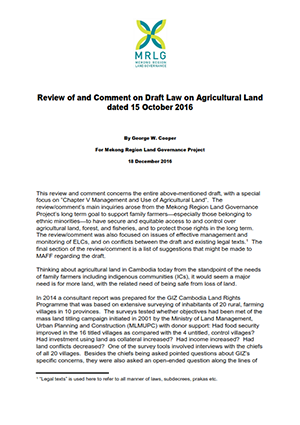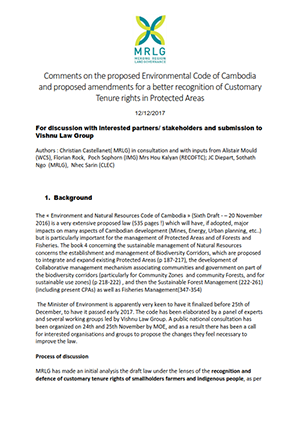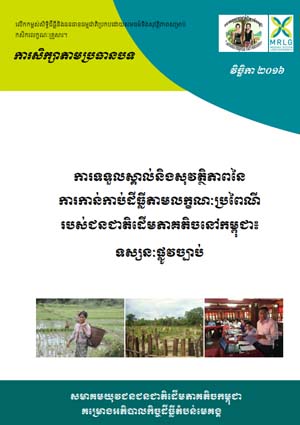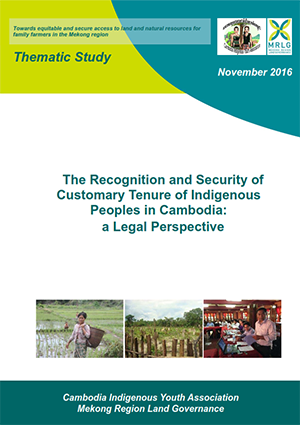Shifting cultivation, livelihood and food security
PUBLISHER'S ABSTRACT: The United Nations Declaration on the Rights of Indigenous Peoples was adopted by the UN General Assembly on 13 September 2007. Since then, the importance of the role that indigenous peoples play in economic, social and environmental conservation through traditional sustainable agricultural practices has been gradually recognized.







